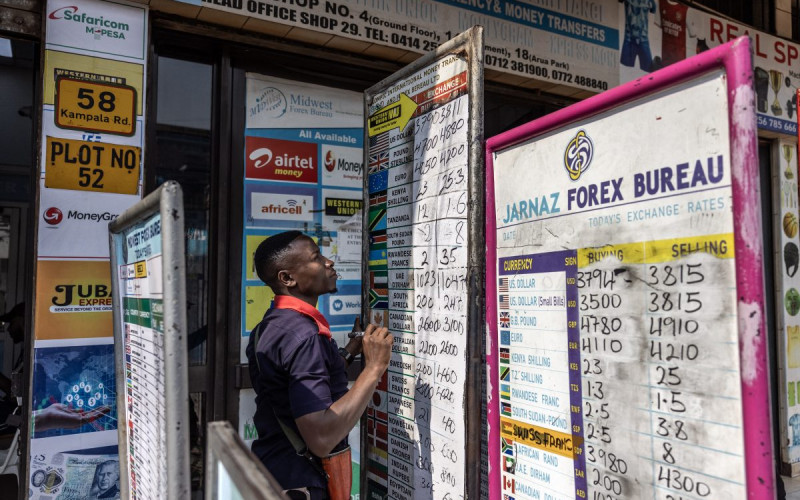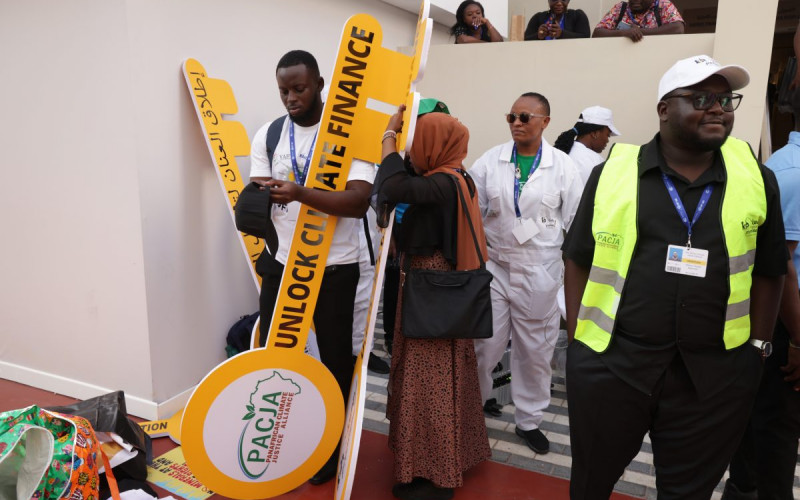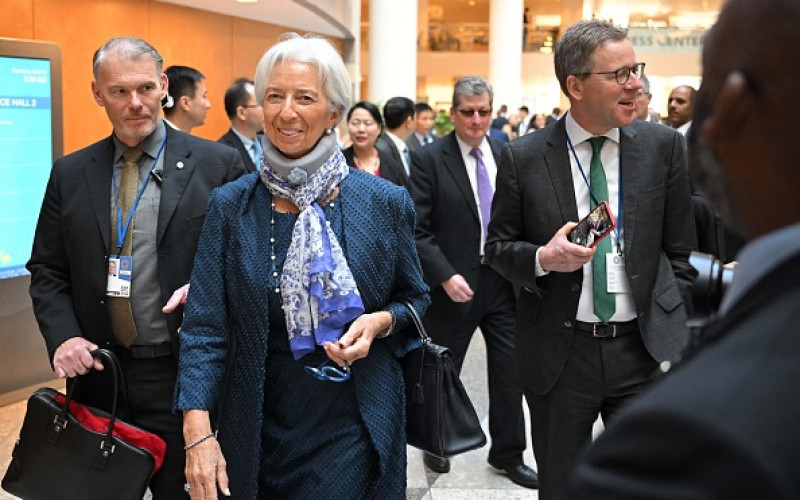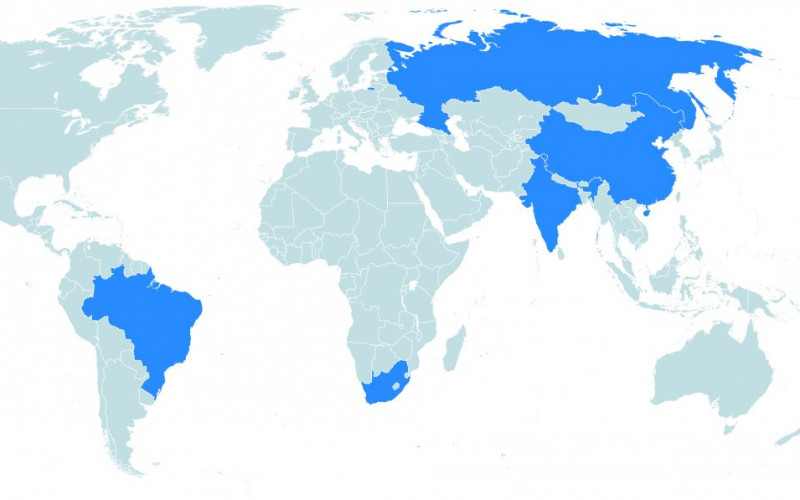The BRICS acronym refers to the informal grouping of Brazil, Russia, India, China and South Africa. The Chinese meeting will be the third summit for the grouping and the first to include South Africa.
The South African Institute of International Affairs (SAIIA) recently held a seminar which brought together diplomats, economists, political analysts and civil society actors to examine how South Africa fits into this group of the world’s biggest developing powers. Entitled: “Perspectives from the BRICs – Lessons for South Africa” the seminar highlighted well researched perspectives from all four original BRIC countries.
SAIIA National Director, Elizabeth Sidiropoulos, has produced a report of the discussions and raises some key points:
- The invitation to SA to join the BRICs carries symbolic significance as an acknowledgement of the country’s role in Africa and on the global stage.
- While BRIC membership presents economic opportunities for SA, these are not automatic. Access for SA investment into their markets is often difficult, while the SA investment environment needs to address some of its shortcomings in attracting FDI.
- The BRICs are competing for markets in Africa with SA. SA has marketed itself as the ‘gateway to Africa’; however, the BRIC countries have largely bypassed it in forming their own bilateral relationships with many African states.
- SA’s membership of this grouping can reap benefits for the Southern African region even though SA is not formally representing it because aspects of the African agenda will be put on the BRICS table.
- BRICS is emerging as a club within the broader G20 club, and has mobilised successfully on Bretton Woods reform.
- BRICS is not an alliance and it may not be the forum to develop a new global architecture. There is a growing congruence on certain international issues. On other such as climate change or global trade it may be more difficult.
- IBSA has much clearer coherence, especially on the global commons debate, although progress on some initiatives could have been greater.
The full report is available for download:
“Perspectives from the BRICs – Lessons for South Africa”
Download-English [.pdf]






